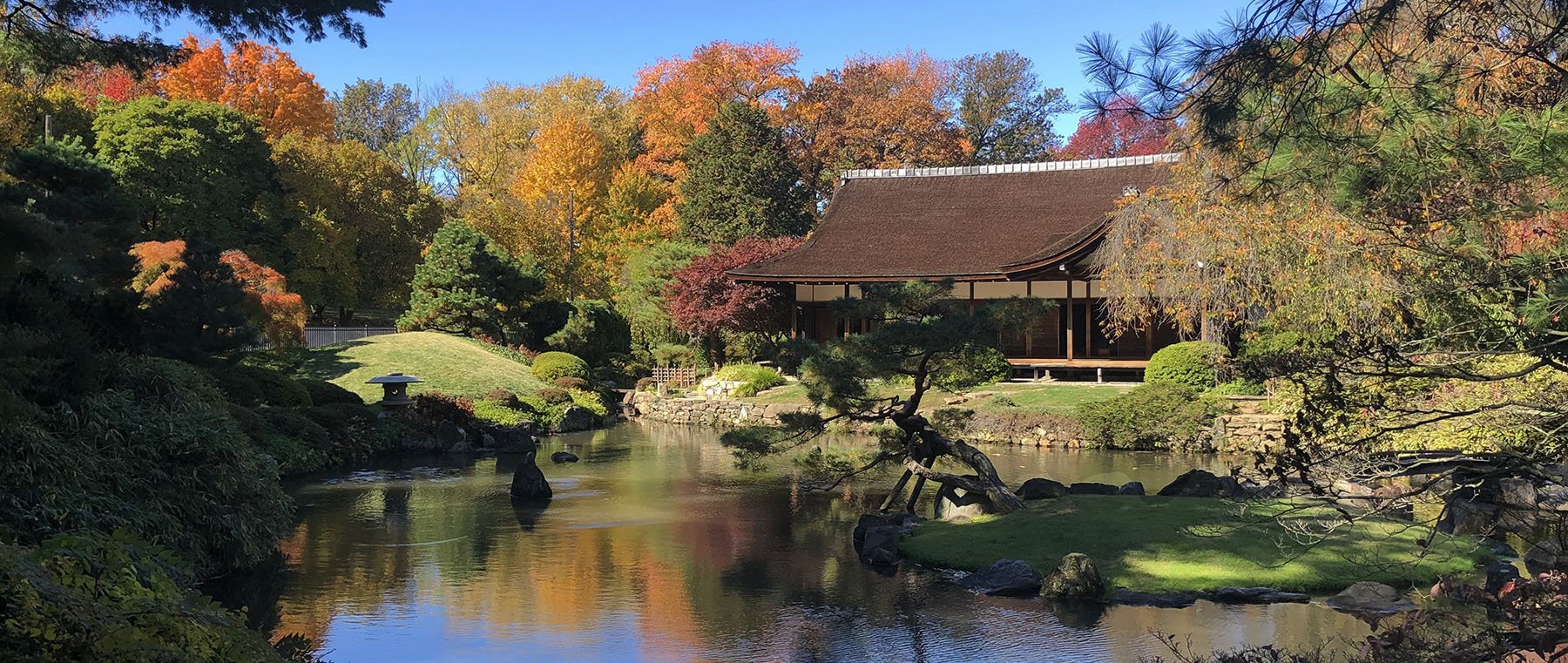
Who We Are
Our mix of professional and entrepreneurial members creates a breadth of experience and support for new ideas
You walk into a room full of strangers. People of all ages enjoying each other’s company. No egos trying to outdo, just genuine interest in what they can accomplish together. These are Lower Main Line Rotarians, community minded, service-oriented, fun-loving and diverse.
Our club was founded in 1926 as the Rotary Club of Bala Cynwyd-Narberth, responding to the growth of Philadelphia’s expanding Main Line communities. Business leaders and professionals wanted to foster honest relationships and conduct that would benefit all concerned. The club grew and prospered. And in 2019 we voted to change the club’s name to include adjacent communities — those that appear as links on our home page — hence, the Lower Main Line Rotary Club.
The concept of Rotary began in 1905 as a way to exchange ideas and form friendships between its founder, Paul Harris, and several Chicago business owners. They had two mottoes: “Service Above Self,” and “One Profits Most Who Serves Best.” The organization’s name derived from weekly meetings that rotated among its original members. To set forth an ethical foundation, Rotarians established the “Four Way Test” for all transactions:
First, Is it the TRUTH?
Second, Is it FAIR TO ALL CONCERNED?
Third, Will it BUILD GOODWILL AND BETTER FRIENDSHIPS?
Fourth, Will it be BENEFICIAL TO ALL CONCERNED?
Today, some 1.4 million Rotarians serve in more than 32,000 clubs on six continents. Most of Rotary’s accomplishments take place at the club level, but one global project deserves mention. Beginning in 1979, a vaccination program for six million children in the Philippines by Rotary International sparked a partnership with the Bill and Melinda Gates Foundation that strives to eradicate polio worldwide. Now only Pakistan and Afghanistan remain until this disease is extinguished.
Rotary projects in local communities and internationally center on seven “Areas of Focus”:
Promoting peace
Fighting disease
Providing clean water, sanitation and hygiene
Saving mothers and children
Supporting Education
Growing local economies
Protecting the environment
Our club’s recent humanitarian and service work has reached locally and globally to support education and literacy, fight disease and promote peace. For more on the many ways Rotarians worldwide are changing communities, conditions and minds for the better, visit Rotary International.
The banner photograph above is in West Fairmount Park, in Philadelphia, but not far from the City Avenue line that separates it from the Bala Cynwyd and Merion Station suburbs. The Japan House (shown) and the Ohio House are the two surviving representative buildings of countries and states built for the 1876 American Centennial. Look for it near Belmont Avenue.
